Dr. Prateek Sharma is one of the most esteemed Neurologist in central India.
Stroke
Headache
Migraine

Parkinson
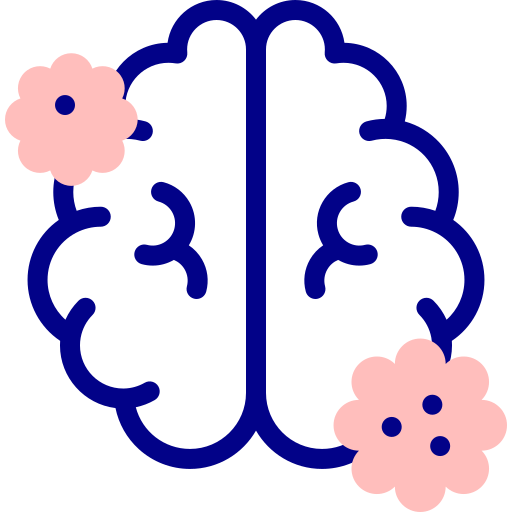
Multiple sclerosis
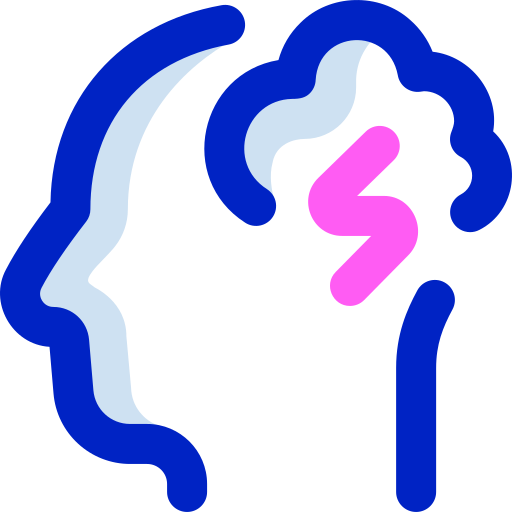
Alzheimer
Dr. Prateek Sharma is one of the best neurologist in India. It's my personal experience. At the time of my mother treatment.she is suffering from blood clot in brain and other Dr. Advice me brain surgery. But Dr prateek Sharma Handel my mother case and getting treatment .and today she is fine......thank u so much Doctor।
Jagdish RajputHe is very most helpfull doctor, My father-in-law's treatment is going on with Dr. Pratik Sharma, he is getting complete relief, I have got him treated all over Bhopal but I have not got any relief, only because of Dr. Pratik Sharma's way of talking and treatment. He is completely relieved, I express my heartfelt gratitude to Dr. Prateek Sharma.
Raj Raghuwanshi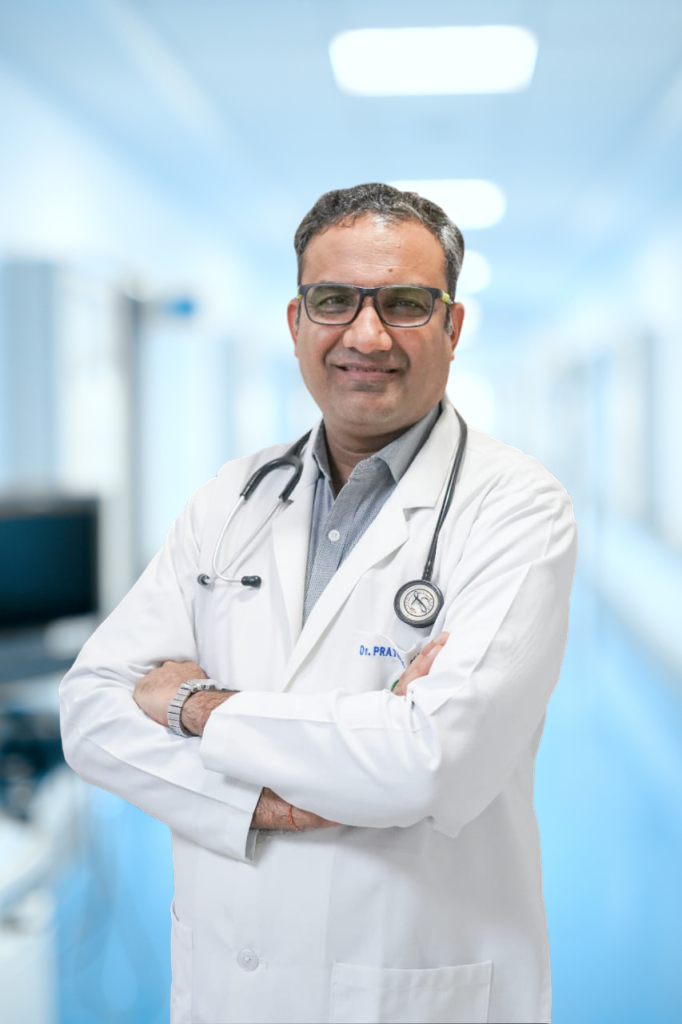
Know your Doctor
Dr. Sharma is one Of the most esteemed Neurologist In Central India
Dr Prateek Sharma is one of the senior most Neuro Physician and top Neurologist in central India 
• Experience of more than 5 years as a Consultant Neurologist and running department single handedly
• Nearly 25 years of clinical experience including 15 years working experience in Neurology at superspeciality hospitals in Bhopal & Delhi
• Special interest in Stroke & Pediatric neurology
• Exposure to Neurophysiological testing and latest Neuro-radiological investigation CT,MRI and Angiographies
• Experience in diagnosing the neurological diseases and providing best care.
• Expertise in thrombolysing stroke patient.
• Good experience in managing neurological emergencies.
• Experience of managing critically ill neurological case in high dependency unit & ICU.
CONDITIONS TREATED
Neurological Diseases
Neurological disorders are medically defined as disorders that affect the brain as well as the nerves found throughout the human body and the spinal cord. Structural, biochemical or electrical abnormalities in the brain, spinal cord or other nerves can result in a range of symptoms. Examples of symptoms include paralysis, muscle weakness, poor coordination, loss of sensation, seizures, pain.
Behavioral Change
Behavior change is a difficult process. Increasing physical activity is particularly challenging because there are many barriers that impede physical activity and many influences that promote sedentary behavior. Therefore, health professionals must go beyond a traditional prescription model to influence change.
Alzheimer
Alzheimer’s disease is a brain disorder that gets worse over time. It’s characterized by changes in the brain that lead to deposits of certain proteins. Alzheimer’s disease causes the brain to shrink and brain cells to eventually die. Alzheimer’s disease is the most common cause of dementia — a gradual decline in memory, thinking, behavior and social skills. These changes affect a person’s ability to function
Neurological Diseases
Neurological disorders are medically defined as disorders that affect the brain as well as the nerves found throughout the human body and the spinal cord. Structural, biochemical or electrical abnormalities in the brain, spinal cord or other nerves can result in a range of symptoms. Examples of symptoms include paralysis, muscle weakness, poor coordination, loss of sensation, seizures, pain.
Behavioral Change
Behavior change is a difficult process. Increasing physical activity is particularly challenging because there are many barriers that impede physical activity and many influences that promote sedentary behavior. Therefore, health professionals must go beyond a traditional prescription model to influence change.
Alzheimer
Alzheimer’s disease is a brain disorder that gets worse over time. It’s characterized by changes in the brain that lead to deposits of certain proteins. Alzheimer’s disease causes the brain to shrink and brain cells to eventually die. Alzheimer’s disease is the most common cause of dementia — a gradual decline in memory, thinking, behavior and social skills. These changes affect a person’s ability to function
Neurological Diseases
Neurological disorders are medically defined as disorders that affect the brain as well as the nerves found throughout the human body and the spinal cord. Structural, biochemical or electrical abnormalities in the brain, spinal cord or other nerves can result in a range of symptoms. Examples of symptoms include paralysis, muscle weakness, poor coordination, loss of sensation, seizures, pain.
Behavioral Change
Behavior change is a difficult process. Increasing physical activity is particularly challenging because there are many barriers that impede physical activity and many influences that promote sedentary behavior. Therefore, health professionals must go beyond a traditional prescription model to influence change.
Alzheimer
Alzheimer’s disease is a brain disorder that gets worse over time. It’s characterized by changes in the brain that lead to deposits of certain proteins. Alzheimer’s disease causes the brain to shrink and brain cells to eventually die. Alzheimer’s disease is the most common cause of dementia — a gradual decline in memory, thinking, behavior and social skills. These changes affect a person’s ability to function
Neurological Diseases
Neurological disorders are medically defined as disorders that affect the brain as well as the nerves found throughout the human body and the spinal cord. Structural, biochemical or electrical abnormalities in the brain, spinal cord or other nerves can result in a range of symptoms. Examples of symptoms include paralysis, muscle weakness, poor coordination, loss of sensation, seizures, pain.
Behavioral Change
Behavior change is a difficult process. Increasing physical activity is particularly challenging because there are many barriers that impede physical activity and many influences that promote sedentary behavior. Therefore, health professionals must go beyond a traditional prescription model to influence change.
Alzheimer
Alzheimer’s disease is a brain disorder that gets worse over time. It’s characterized by changes in the brain that lead to deposits of certain proteins. Alzheimer’s disease causes the brain to shrink and brain cells to eventually die. Alzheimer’s disease is the most common cause of dementia — a gradual decline in memory, thinking, behavior and social skills. These changes affect a person’s ability to function
Neurological Diseases
Neurological disorders are medically defined as disorders that affect the brain as well as the nerves found throughout the human body and the spinal cord. Structural, biochemical or electrical abnormalities in the brain, spinal cord or other nerves can result in a range of symptoms. Examples of symptoms include paralysis, muscle weakness, poor coordination, loss of sensation, seizures, pain.
Behavioral Change
Behavior change is a difficult process. Increasing physical activity is particularly challenging because there are many barriers that impede physical activity and many influences that promote sedentary behavior. Therefore, health professionals must go beyond a traditional prescription model to influence change.
Alzheimer
Alzheimer’s disease is a brain disorder that gets worse over time. It’s characterized by changes in the brain that lead to deposits of certain proteins. Alzheimer’s disease causes the brain to shrink and brain cells to eventually die. Alzheimer’s disease is the most common cause of dementia — a gradual decline in memory, thinking, behavior and social skills. These changes affect a person’s ability to function
Neurological Diseases
Neurological disorders are medically defined as disorders that affect the brain as well as the nerves found throughout the human body and the spinal cord. Structural, biochemical or electrical abnormalities in the brain, spinal cord or other nerves can result in a range of symptoms. Examples of symptoms include paralysis, muscle weakness, poor coordination, loss of sensation, seizures, pain.
Behavioral Change
Behavior change is a difficult process. Increasing physical activity is particularly challenging because there are many barriers that impede physical activity and many influences that promote sedentary behavior. Therefore, health professionals must go beyond a traditional prescription model to influence change.
Alzheimer
Alzheimer’s disease is a brain disorder that gets worse over time. It’s characterized by changes in the brain that lead to deposits of certain proteins. Alzheimer’s disease causes the brain to shrink and brain cells to eventually die. Alzheimer’s disease is the most common cause of dementia — a gradual decline in memory, thinking, behavior and social skills. These changes affect a person’s ability to function
Neurology Treatment
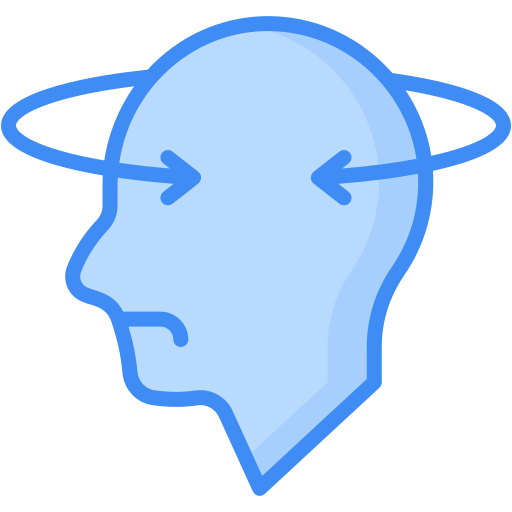
Vertigo
Vertigo is a sensation of feeling off balance.
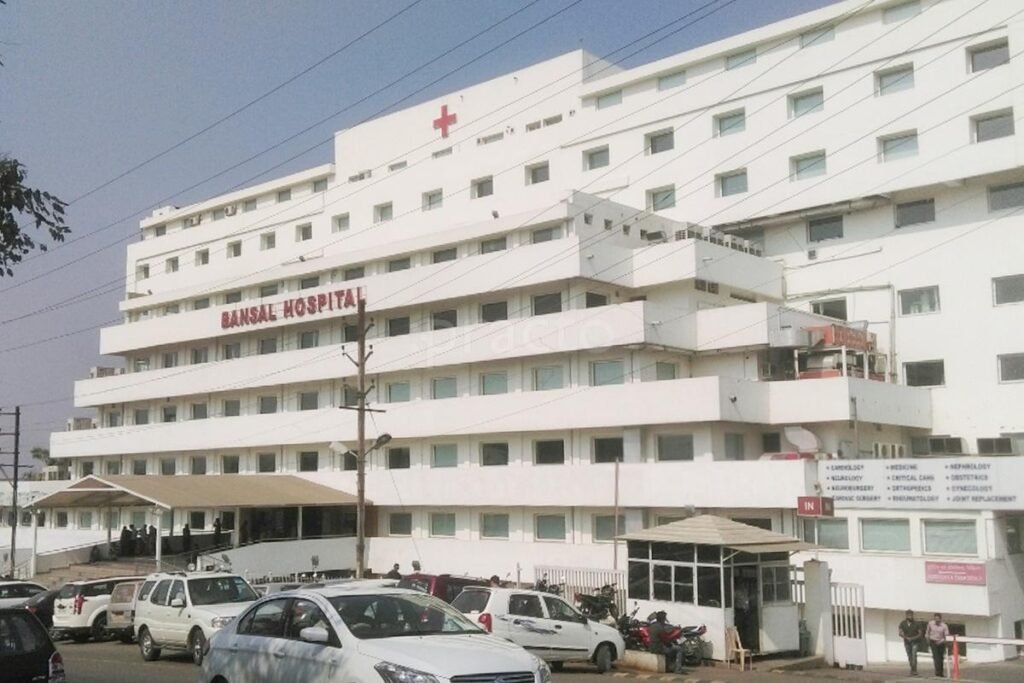
Bansal Hospital
- Chuna Bhatti Rd, Manisha Market, Sector C, Shahpura, Bhopal, Madhya Pradesh 462016
- 9826748541, 0755-4086000
- drprateek_sharma@yahoo.com
Make an Appointment
Trust Our Patients
Our Patient Feedback
Best doctor ever in the my life I was surfing with the problem of fissure When I was go for the treatment he examine me and when I tell him to when will I come. he says after today you don't have to need to come hospital it means so much sureity of the treatment and that is actually true sach a great human
I was visiting other doctors for my nani ji breast cancer but we are not getting the satisfaction and after visiting Dr P S lubhana Sir my nani ji and our family feels so safe and successfully we are satisfied and happy bec my nani is not a part of cancer diseases any more sir your are best of best
FAQ’S
Neurologists are specialized in treatment of nervous system, brain, spinal cord, nerves and muscles.
A neurosurgeon is also specialized in treatment of the nervous system, brain, spinal cord, nerves and muscles but using surgical techniques along with non-surgical practices.
Neurological disorders are diseases of the brain, spine and nerves. There are more than 600 diseases of the nervous system, such as brain tumors, epilepsy, Alzheimer’s disease, Parkinson’s disease and stroke.
The range of treatment varies with different conditions. A neurologist will perform and interpret specific neurological examinations to discover the appropriate treatment options.
Neurologist will review patient’s health history, paying special attention to the condition that they are currently experiencing. Then examinations that tests patient’s vision, strength, coordination, memory, reasoning and puzzle-solving abilities, reflexes and ability to feel physical objects, smell odors and hear sounds are conducted. The results of these tests help the neurologist to determine specific problem of the brain or nervous system.
Dr. Sharma offers extensive, multidisciplinary care for a wide range of neurological conditions including the most complex cases. Our Department of Neurology is committed to integrating their exceptional medical expertise, technology and innovation to offer best in class treatments.
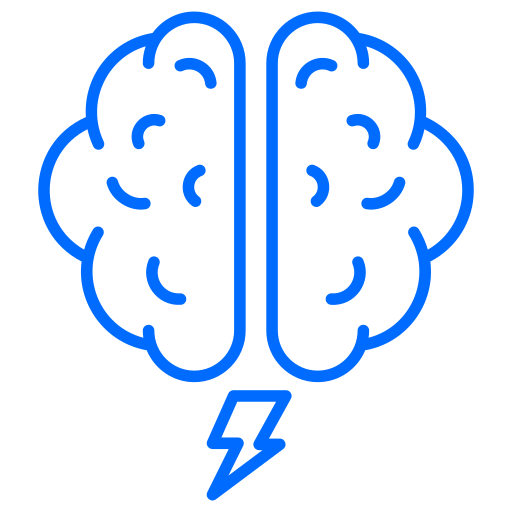
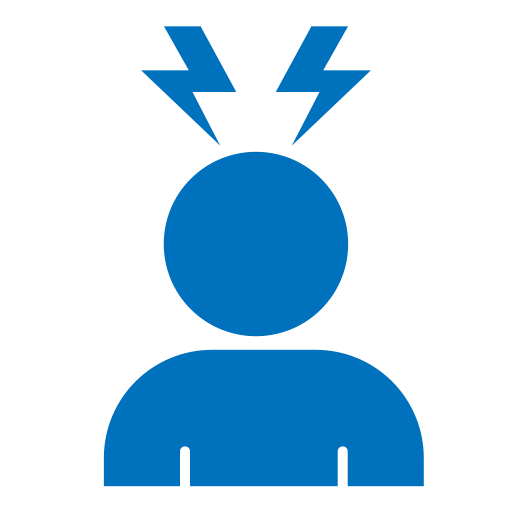
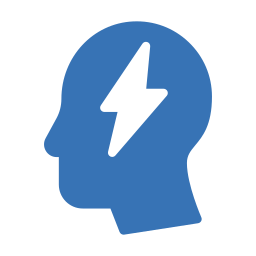
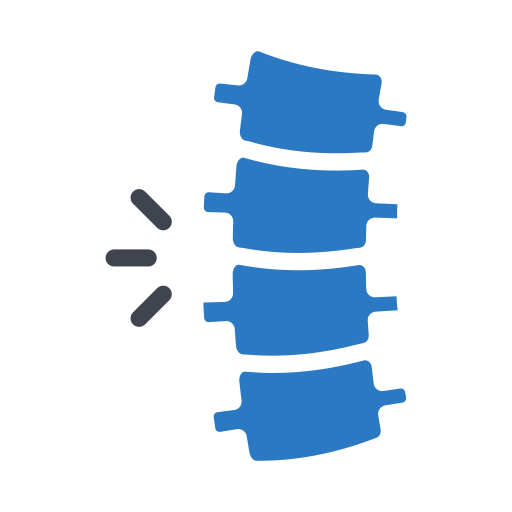
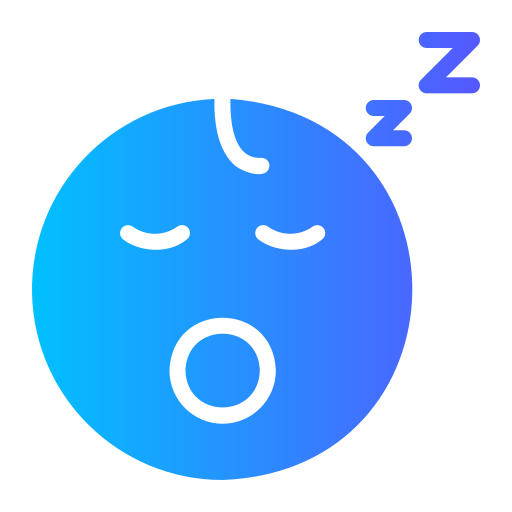
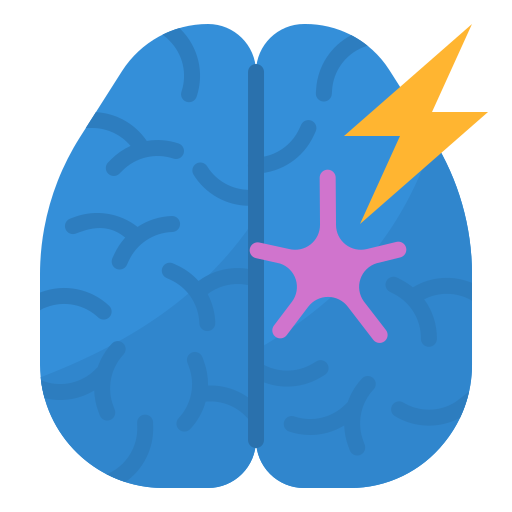
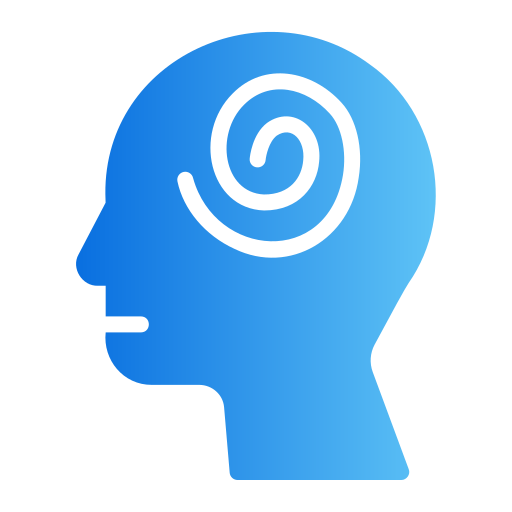
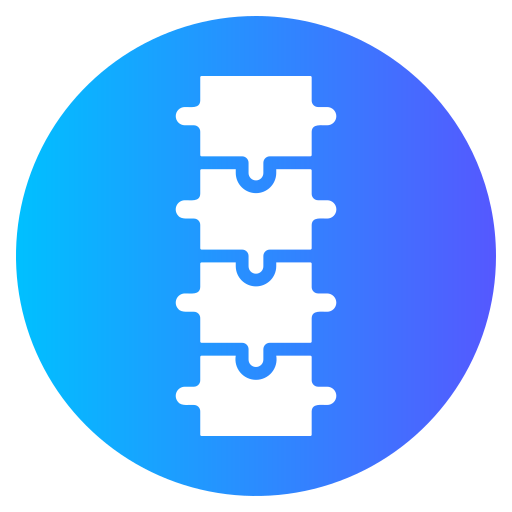
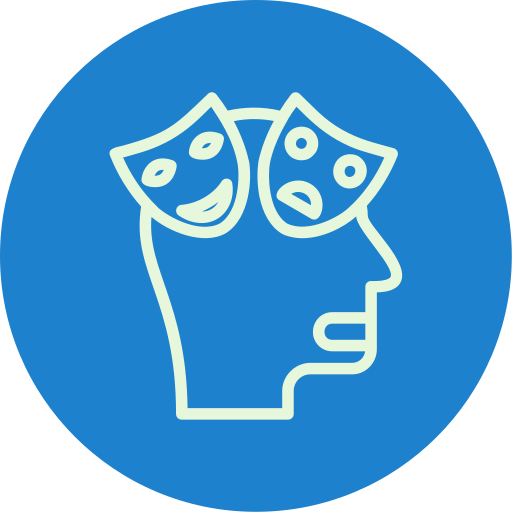
My son is undergoing treatment under Dr. Prateek Sharma. I still remember the day when I was panic and had no clue where to go..and one of my dear friend recommended Dr. Prateek Sharma..Since then my son is doing fine and for me..he is representative of God. As a person, very kind, explain situation very well, sympathetic and calm.
Amol Kamdar